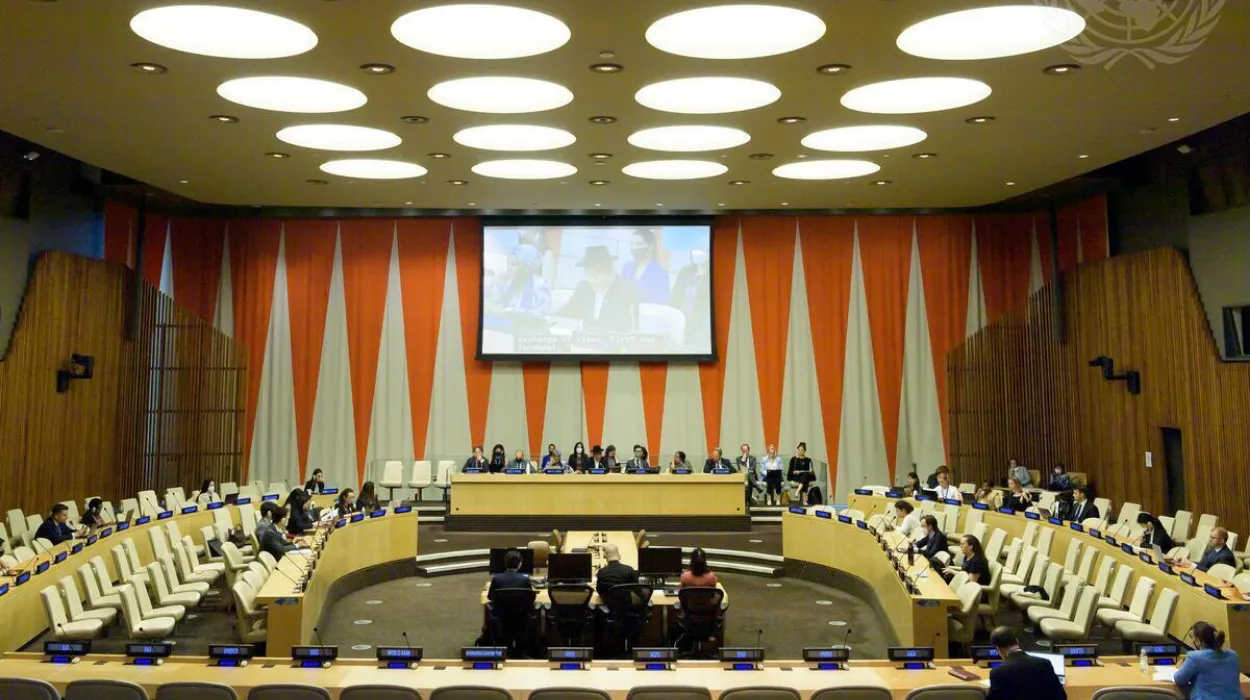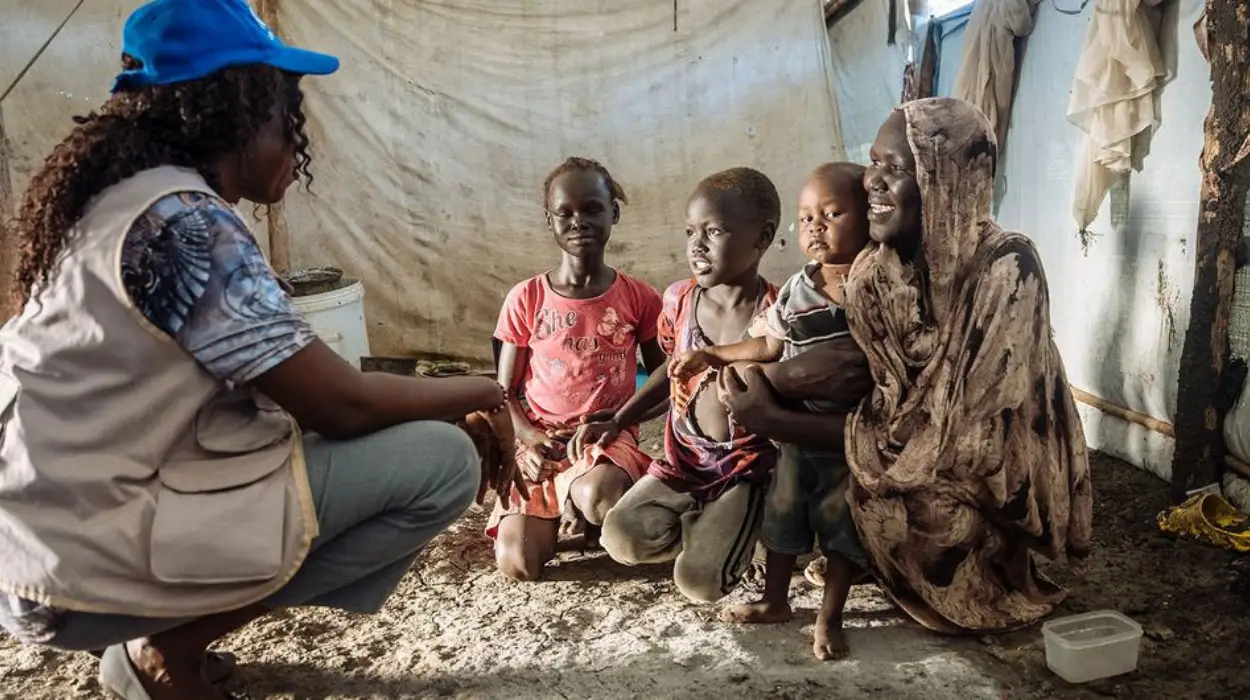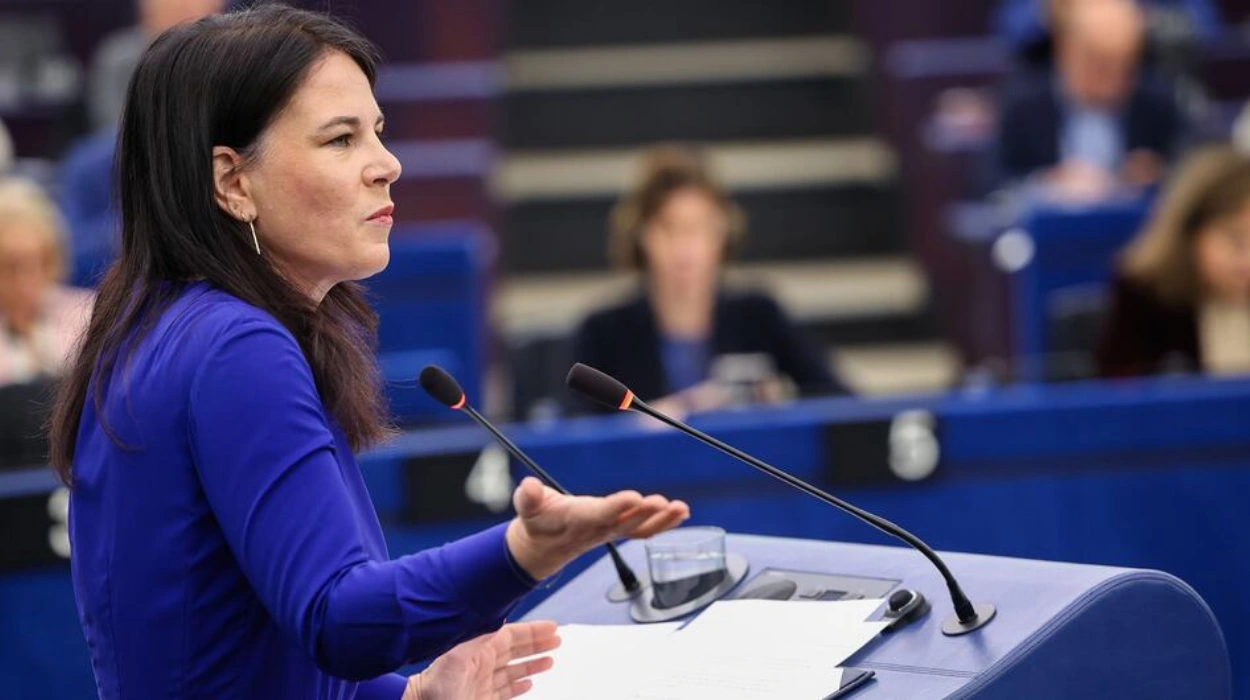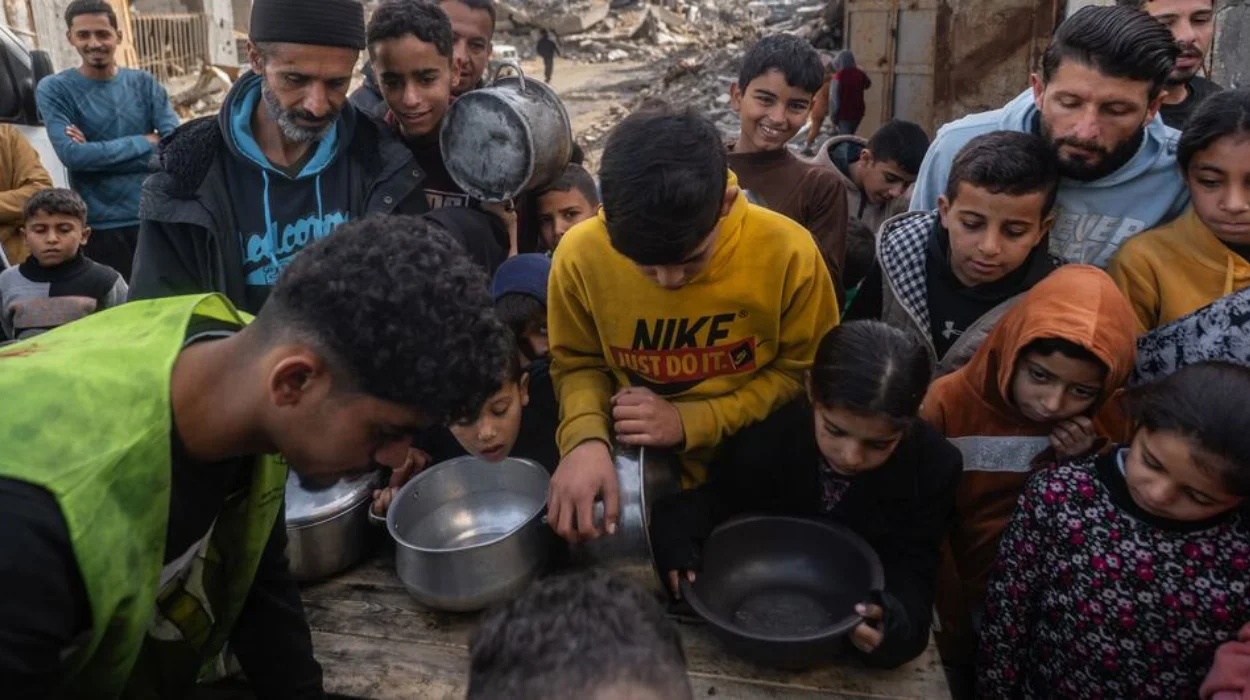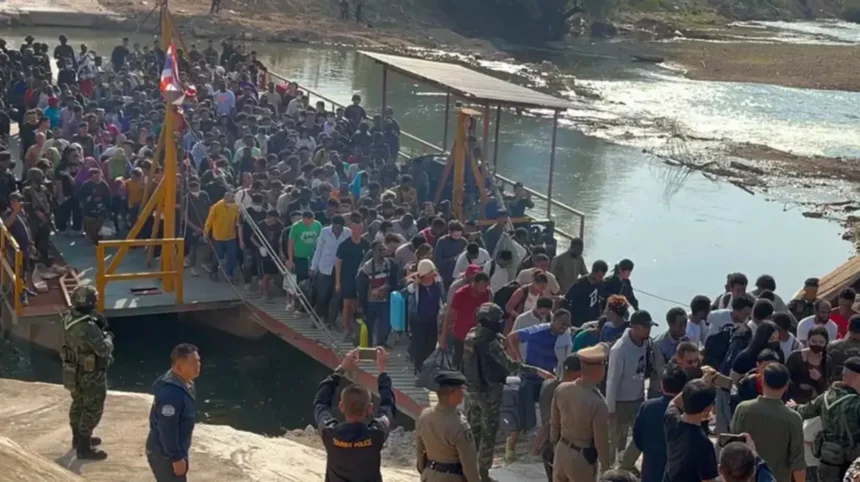Asian crime groups behind the multi-billion-dollar cyberscam trade are moving into all corners of the world, the UN warned in a report issued, saying the official crackdown in Southeast Asia is not doing enough to stem them.
Chinese and Southeast Asian gangs were using investment, cryptocurrency, romance and other scams to target their victims, the UN said.
Cyberscams, according to the United Nations Office on Drugs and Crime (UNODC), are now a sophisticated global business, with sprawling compounds sheltering tens of thousands of largely trafficked workers who must deceive other individuals online.
Pacific islands have also been impacted
“It grows like a cancer,” said Benedikt Hofmann, UNODC Acting Regional Representative for Southeast Asia and the Pacific. “Authorities attack it in one place, but the roots never go away; they just move.”
Whereas the activity has so far remained concentrated in border regions in civil war-torn Myanmar and in suspect “special economic zones” established in Cambodia and Laos, UNODC reported networks have extended their reach to South America, Africa, the Middle East, Europe, and certain Pacific islands.
“This is both a natural expansion as the business expands and looks for new ways and locations to conduct business, but also a hedging against potential future risk should disruption persist and increase in Southeast Asia,” Hofmann said.
Nations in east and southeast Asia failed an assessed $37 billion to cyber scam in 2023, while the America registered more than $5.6 billion in financial losses, the UNODC report stated.
Global cooperation is essential to combat crime syndicates.
Massive crackdown in Myanmar this year, orchestrated by Beijing, resulted in the release of up to 7,000 workers from over 50 nations. Raids were conducted in Cambodia as well, but those only had the effect of causing the crime syndicates to relocate to “more isolated areas” and border regions. ‘
The government of Cambodia spokesman, Pen Bona, stated that Cambodia is one of the victims of the cyberfraud market and is dedicated to combating it. The government, as stated by Bona, has set up an ad-hoc commission under the chairmanship of Prime Minister Hun Manet which aims to strengthen law enforcement and legal means and cooperate with global companions and the UN.
UNODC called on the world to act, stating it was at a “critical inflection point.” In the view of the UN, keeping aloof would have “unprecedented consequences for Southeast Asia that reverberate globally.”



